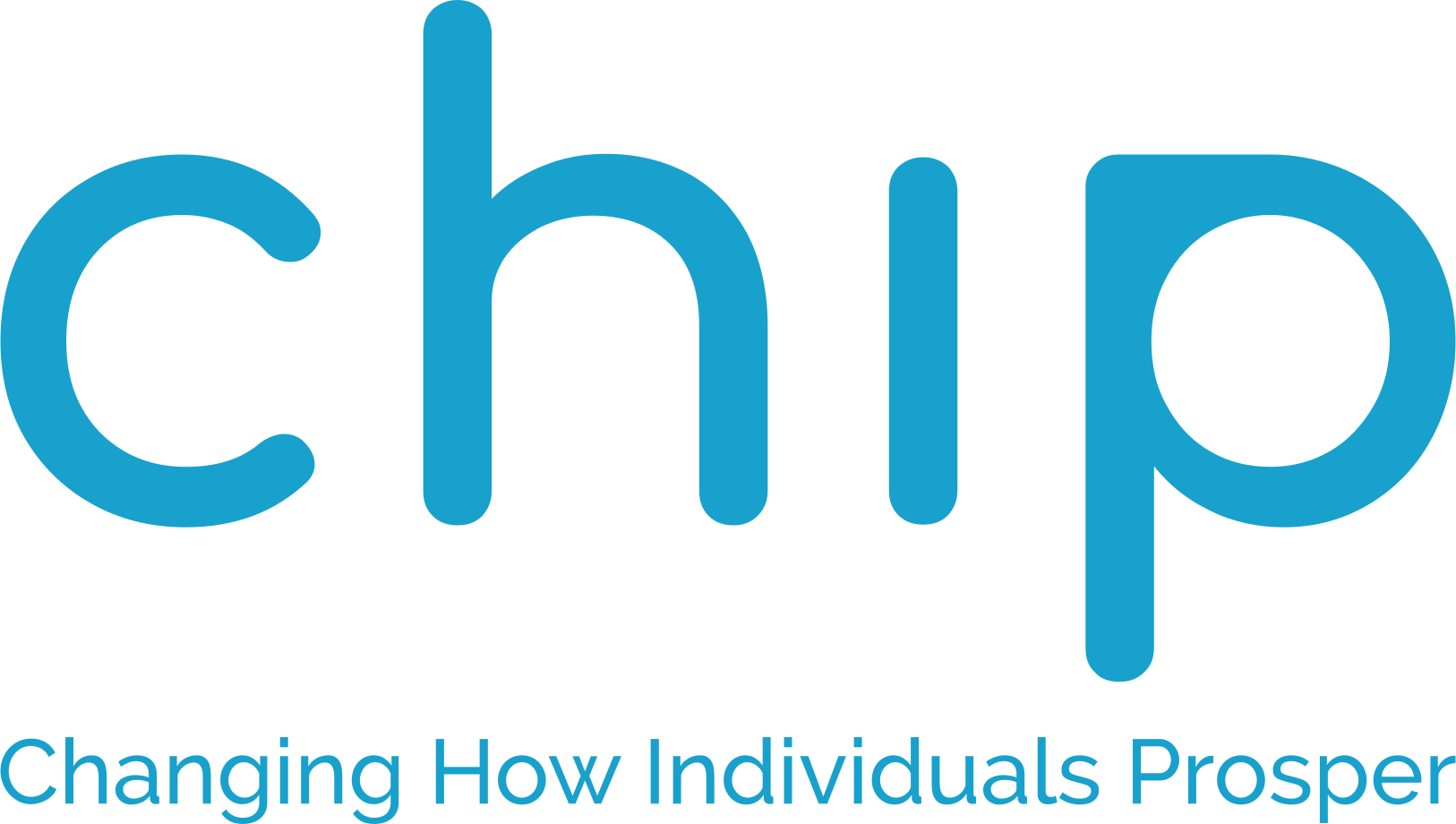Managing cash flow is one of the most critical aspects of financial health—whether you’re an individual or running a business. Yet for many, it can feel like a constant battle of balancing bills, budgeting, and staying ahead of unexpected expenses. Traditional cash flow strategies often struggle to adapt to the complex realities of modern life. That’s where behavior-based systems come in.
This innovative approach is transforming how people and businesses manage their money by aligning financial practices with natural behaviors and habits. Not only does this strategy create more efficient workflows, but it also builds a sense of empowerment and control over finances. If you’ve been looking for a sustainable way to get your cash flow in check, behavior-based systems might be the key.
What Are Behavior-Based Systems?
Behavior-based systems are financial management strategies designed to work with human tendencies and habits, rather than against them. These systems leverage insights from behavioral science to create financial processes that are intuitive, personalized, and easy to adopt.
For example, rather than expecting you to remember every upcoming bill manually, a behavior-based system might capitalize on automation, offering proactive reminders or autopay services. The goal is to reduce cognitive load and help you focus on actions that align with your financial goals.
Why Traditional Systems Fall Short
Traditional financial systems often view budgeting and cash flow management as purely mathematical problems, where success depends on sticking to rigid rules. But humans are not robots. We’re emotional beings with habits, preferences, and occasionally, impulses.
This is especially true for high-achieving individuals, like Wealth-Worried Gloria (our archetypal persona), who already juggle immense cognitive and emotional loads in their professional lives. Asking someone like Gloria to overhaul entrenched money habits overnight simply won’t work.
That’s why adopting a behavior-based system is so revolutionary—it considers human psychology and builds smarter, more adaptive workflows around it.
Key Benefits of Behavior-Based Cash Flow Management
1. Simplifies Complex Financial Decisions
By focusing on automation and intuitive processes, behavior-based systems take the guesswork out of money management. For example, tools that automate savings based on spending behavior can make saving money feel effortless.
2. Boosts Financial Confidence
The personalized nature of these systems helps people like Gloria feel more in control. Instead of being overwhelmed by decisions and numbers, they feel empowered to make meaningful progress toward financial goals.
3. Reduces the Risk of Financial Mistakes
Forgetful about due dates? Behavior-based systems can safeguard against missed payments by nudging you at the right moment or setting up automatic transfers. This built-in fail-safe reduces stress while improving cash flow consistency.
4. Fosters Trust and Transparency
Gloria dislikes complex, opaque systems. Behavior-based tools provide clear visualizations of cash flow patterns, giving her visibility into her finances at all times. Think graphs and data-driven insights over spreadsheets full of numbers.
5. Aligns Financial Management with Personal Values
Whether it’s prioritizing debt repayment or building generational wealth, behavior-based systems help users connect their daily actions to long-term goals. For Gloria, this means tackling debt confidently and creating a future her family can rely on.
Applications of Behavior-Based Systems in Business and Personal Finance
Lets break down some of the most impactful ways behavior-based systems optimize cash flow across various scenarios.
1. Smart Budgeting Tools
Traditional budgets often fail because they operate as static documents rather than dynamic guides. Platforms like YNAB (You Need a Budget) or Mint apply behavior-based practices, such as tracking spending patterns and recommending adjustments in real time.
2. Proactive Notifications and Insights
Apps like Cushion automatically identify upcoming expenses or reinstated subscriptions. This simplifies decision-making and avoids unnecessary overspending.
3. Automated Saving Features
Tools like Digit use AI-driven technologies to analyze spending and automatically transfer small amounts to savings, effortlessly building financial security over time.
4. Collaborative Financial Planning
For businesses or families, where cash flow management involves multiple stakeholders, behavior-based platforms enable shared visibility and collaboration. For instance, Gloria and her financial coach can both access her live financial dashboard to assess progress and plan ahead.
5. Debt Repayment Workflow Tools
Debt is one of Gloria’s major pain points, and rightly so. Behavior-based tools such as Tally or Qoins align small daily actions—like rounding up purchases—with steady debt reduction. These micro-actions add up significantly without feeling overwhelming.
6. Expense Categorization
Behavior-first AI systems can accurately predict and categorize cash flow data. For example, is that expense a bill, an investment, or an indulgence? Tools like these can adjust budgets accordingly.
How Behavior-Based Systems Empower Wealth-Building for BIPOC Professionals
For people underrepresented in the financial industry—like Gloria—behavior-based systems do more than optimize cash flow; they create access, representation, and confidence.
Historically, the financial system has not worked for everyone evenly. Many tools were developed without considering the nuanced challenges faced by underrepresented communities, particularly Black and Brown professionals. This leaves people like Gloria to deal with distrust, shame, and mounting barriers to progress.
Behavior-based systems address these gaps by acting as empathetic partners, fostering trust through visibility and reducing the emotional burden often tied to traditional money management systems. Whether it’s providing culturally competent advisors or tech that feels human-first, this approach offers a refreshingly inclusive reset to money habits.
Build Legacy the Behavior-Based Way
For Gloria and people like her, behavior-based systems offer more than real-time cash flow management—they create freedom. Freedom from fear, from shame, and from anxiety tied to financial uncertainty.
The tools you choose for your personal or business finances should empower you to work smarter, not harder. By focusing on behavior-based cash flow management, you create a streamlined, sustainable framework that keeps you on track for today—and generations to come.
If you’re ready to take control of your cash flow with tools that center your needs, join the Cultural Coins community. Together, we’ll break down the financial barriers holding you back and empower you to build wealth unapologetically.
